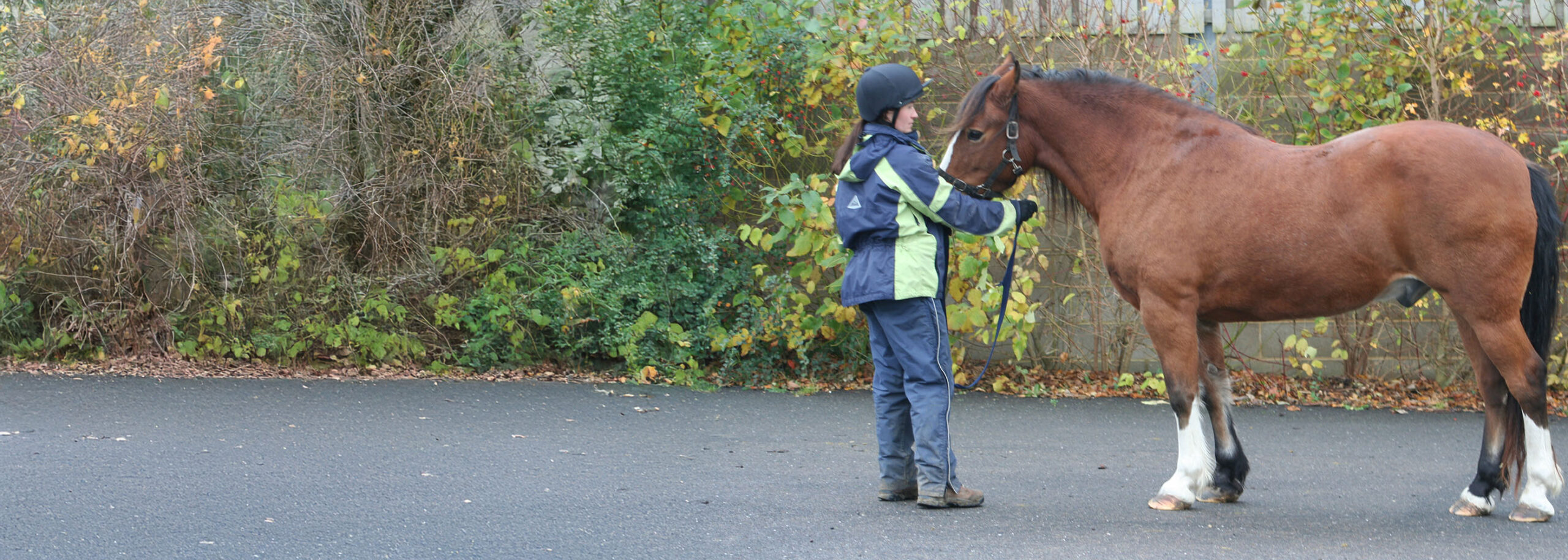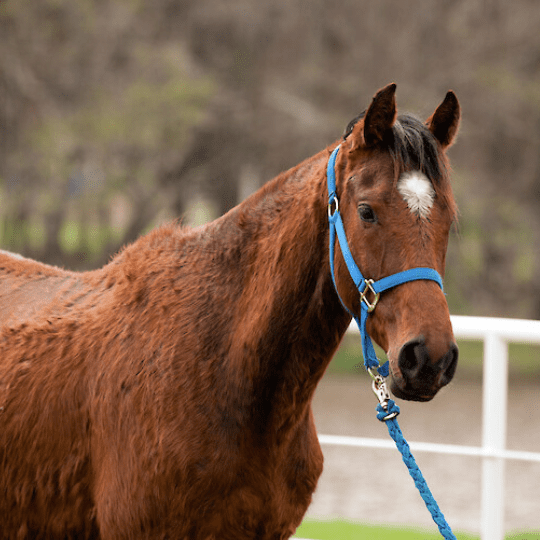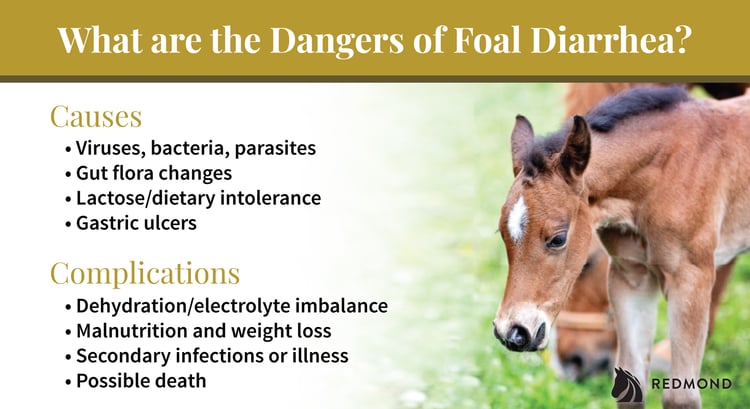Signs of Malnutrition in Horses

Malnutrition in horses is a serious condition that can affect their health, performance, and overall well-being. Recognizing the signs early is crucial for timely intervention and treatment. This article explores the common signs of malnutrition in horses, how to identify them, and what steps to take to ensure your horse remains healthy.
What is Malnutrition in Horses?

Malnutrition occurs when a horse’s diet does not provide adequate nutrients, including proteins, vitamins, minerals, and energy. This can result from poor-quality feed, insufficient quantity, or an inability to absorb nutrients properly.
Common Signs of Malnutrition
| Sign | Description | Possible Causes |
|---|---|---|
| Weight Loss | Noticeable reduction in body weight and muscle mass. | Inadequate feed, parasites, illness |
| Poor Coat Condition | Dull, rough, or patchy coat indicating nutrient deficiencies. | Lack of essential fatty acids, vitamins |
| Lethargy | Reduced energy levels and reluctance to move or exercise. | Insufficient calories or minerals |
| Weak Hooves | Brittle, cracked, or slow-growing hooves. | Deficiency in biotin, zinc, or protein |
| Behavioral Changes | Irritability, depression, or anxiety due to discomfort or hunger. | Hunger, pain, or nutrient imbalance |
| Delayed Healing | Slow recovery from wounds or infections. | Protein and vitamin deficiencies |
Detailed Explanation of Signs
Weight Loss
Weight loss is often the first visible sign of malnutrition. It occurs when the horse’s energy expenditure exceeds intake, leading to the breakdown of fat and muscle tissue.
Poor Coat Condition
A healthy coat is shiny and smooth. A dull or patchy coat can indicate deficiencies in essential fatty acids, vitamins A and E, or minerals like zinc.
Lethargy
Lethargy reflects a lack of energy, often caused by insufficient calorie intake or imbalances in electrolytes and minerals.
Weak Hooves
Hoof health depends on adequate nutrition, especially biotin, zinc, and protein. Weak hooves can lead to lameness and other mobility issues.
Behavioral Changes
Changes in behavior such as irritability or depression may signal discomfort from hunger or nutrient deficiencies.
Delayed Healing
Protein and vitamin deficiencies impair the immune system, slowing the healing process.
How to Prevent Malnutrition
- Provide a balanced diet tailored to the horse’s age, workload, and health status.
- Regularly check and maintain parasite control.
- Ensure access to clean water at all times.
- Consult with a veterinarian or equine nutritionist for diet planning.
Frequently Asked Questions (FAQ)
Q1: How quickly can malnutrition affect a horse?
A: Depending on the severity and cause, signs can appear within weeks to months.
Q2: Can malnutrition cause permanent damage?
A: Yes, prolonged malnutrition can lead to irreversible health issues.
Q3: What supplements can help prevent malnutrition?
A: Supplements rich in vitamins, minerals, and amino acids like biotin and zinc are beneficial.
Q4: When should I consult a vet?
A: If you notice any signs of malnutrition or sudden changes in your horse’s condition.
Maintaining proper nutrition is vital for your horse’s health and longevity. Early detection and intervention can prevent serious complications and ensure your horse remains vibrant and active.
